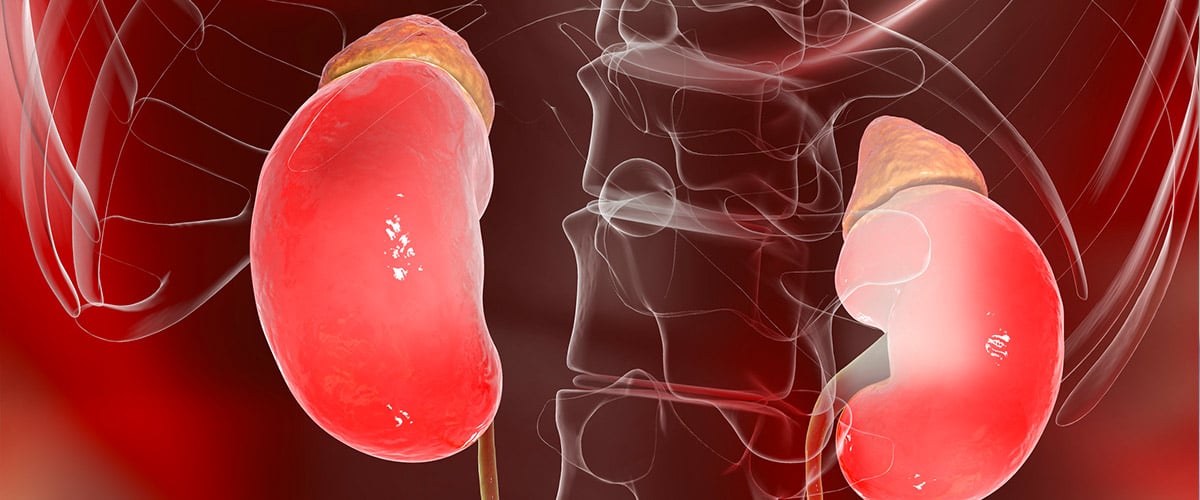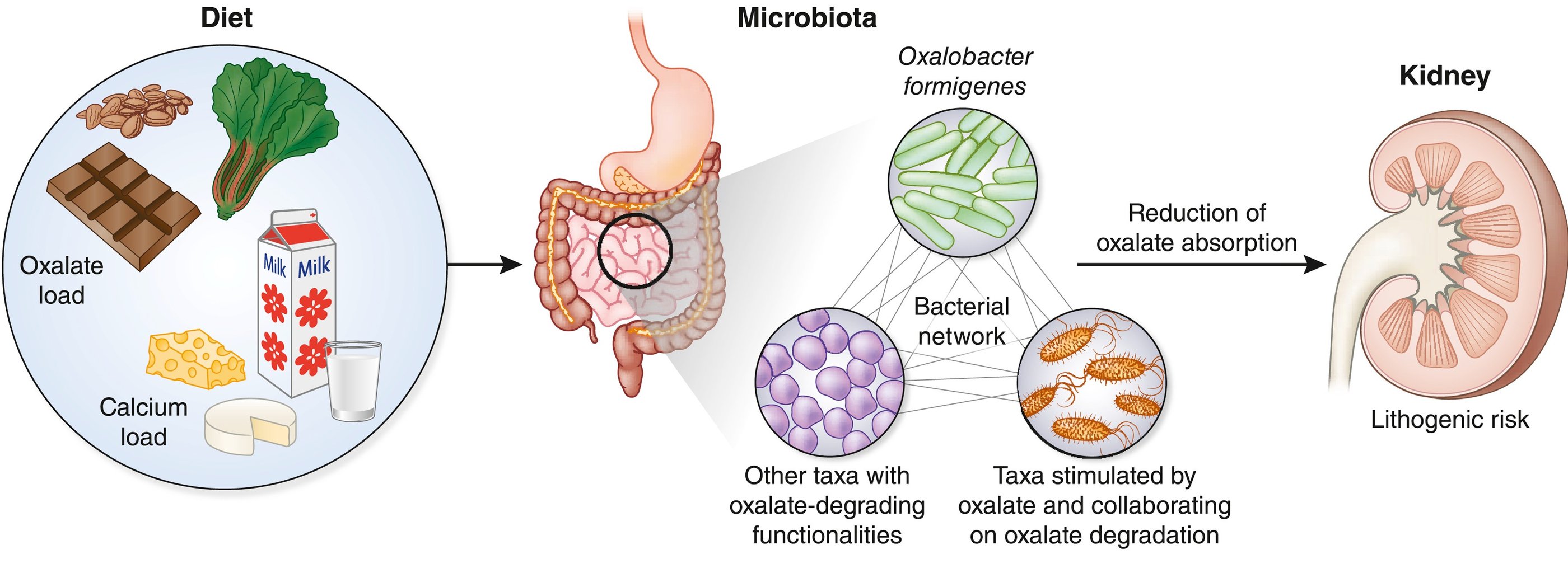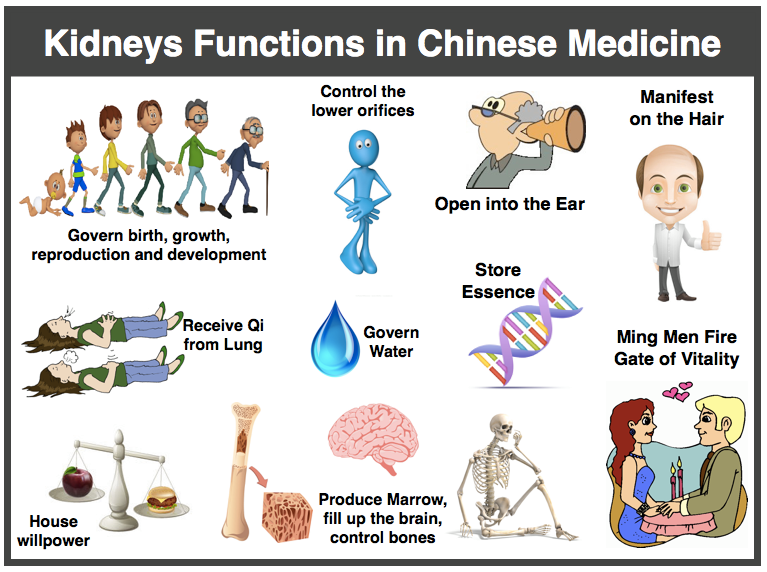The Interconnected Web of Gut, Brain, Liver, and Kidney Health
Ever wondered how your gut, brain, liver, and kidneys are in constant conversation? These four organs form a sophisticated network known as the gut-brain-liver-kidney axis, where each system influences the others in surprising ways.
This intricate web reveals how disruptions in one area can ripple through the entire system, affecting overall health. From the gut’s impact on kidney function to the brain’s role in regulating kidney health, understanding these connections can provide valuable insights into maintaining a balanced and healthy body.
Let’s explore how each organ impacts the others and why keeping these systems in harmony is crucial for your well-being.
1. The Gut-Kidney Axis: Microbiome’s Role in Renal Health
The gut and kidneys are connected through the gut-kidney axis. When the gut microbiome is healthy, it helps regulate immune responses and inflammation. However, if the gut is out of balance—due to poor diet, antibiotics, or stress—it can lead to dysbiosis, where harmful bacteria outnumber the good ones.
Dysbiosis can cause inflammation throughout the body, including the kidneys. The kidneys may then struggle to filter out toxins, leading to conditions like chronic kidney disease (CKD). An unhealthy gut microbiome also produces uremic toxins, which can harm the kidneys if not properly managed.
Kidney Stones and Gut Microbiome
Recent research highlights the complex relationship between gut microbiota and kidney stone formation, focusing on oxalate metabolism. The gut microbiome influences oxalate absorption, which is crucial for kidney stone development. A balanced dietary ratio of oxalate to calcium can help prevent excessive absorption. While Oxalobacter formigenes (a bacterium that degrades oxalate) is important, a diverse array of gut bacteria also plays a vital role.
Probiotic and prebiotic supplements can help support this diversity, promoting a balanced gut microbiome and reducing the risk of kidney stones. By maintaining a healthy gut environment, these supplements contribute to overall kidney health and well-being.
Chronic Kidney Disease (CKD) and Gut Health
In chronic kidney disease (CKD), the situation becomes more complex. A compromised gut barrier, or "leaky gut," allows harmful substances like bacterial endotoxins to enter the bloodstream, worsening inflammation. As kidney function declines, it disrupts the balance of intestinal transporters, leading to an accumulation of uremic toxins. This cycle of gut barrier dysfunction and worsening kidney health underscores the importance of maintaining a balanced gut microbiome.
2. Brain-Kidney Axis: Stress and Hypertension’s Impact on Renal Health
The brain and kidneys are interconnected through the brain-kidney axis. The brain regulates key functions like blood pressure and fluid balance, which are essential for kidney health.
Stress, trauma, or neurological issues can disrupt this balance, leading to high blood pressure and increased strain on the kidneys. Stress triggers the release of hormones like cortisol, which raises blood pressure and may contribute to kidney damage over time. The brain’s regulation of the autonomic nervous system also influences kidney function, affecting blood flow and filtration rates.
The Role of Adrenal Glands
The adrenal glands, perched on top of the kidneys, play a key role in this axis. They produce hormones like cortisol and aldosterone, which regulate blood pressure and fluid balance. Their proximity to the kidneys allows for efficient hormonal communication, enhancing the body's ability to manage stress and maintain homeostasis. Disruptions in adrenal hormone production can directly affect kidney health.
3. Brain-Derived Neurotrophic Factor (BDNF) and Kidney Health
Recent research highlights the role of brain-derived neurotrophic factor (BDNF) in both brain and kidney health. BDNF, known for its importance in brain function, is also linked to kidney health. Higher levels of fasting BDNF are associated with a lower risk of chronic kidney disease (CKD), suggesting that BDNF may help protect the kidneys. This connection underscores how maintaining brain health and managing stress can keep your kidneys in check.
4. The Role of KIBRA in the Brain-Kidney Axis
KIBRA (Kidney and Brain Expressed Protein) is a fascinating protein that connects the brain, kidneys, and even the reproductive system. Encoded by the WWC1 gene, KIBRA is crucial for memory and cognition, with a strong presence in the brain’s hippocampus and cortex. It’s also found in the kidneys, particularly in the glomerular podocytes, tubules, and collecting ducts, where it plays a role in fluid regulation. KIBRA’s presence in the brain, kidneys, and testes mirrors the holistic connections seen in Traditional Chinese Medicine (TCM), where these organs are deeply intertwined.
5. The Liver-Kidney Axis: Detoxification and Renal Function
The liver and kidneys work closely together to detoxify the body. When the liver isn't functioning well, it can create significant issues for the kidneys. The liver filters toxins from the blood before they reach the kidneys. If the liver is compromised—due to a poor diet, excessive alcohol consumption, or a gut imbalance—these toxins can accumulate, putting extra pressure on the kidneys.
The liver also produces bile, which aids in digestion and waste removal. Impaired bile production can lead to a buildup of waste products, further burdening the kidneys. Chronic liver conditions, such as cirrhosis or fatty liver disease, can lead to renal complications as the kidneys try to compensate for the liver’s reduced ability to detoxify the blood.
Hepatorenal Axis
Recent research highlights the hepatorenal (liver-kidney) axis. Kidney injury in the context of liver failure isn’t just a side effect—it’s a sign of systemic disease, which can worsen liver conditions. This interplay emphasizes the importance of maintaining liver health to support kidney function.


6. Traditional Chinese Medicine's Perspective: Bridging Modern Science with Ancient Wisdom
In Traditional Chinese Medicine (TCM), the kidneys are regarded as the source of vitality and life force (jing), governing physical growth, reproduction, and brain function. This philosophy aligns with modern science. The kidneys are linked to the health of the brain, reproductive organs, and central nervous system. TCM holds that the kidneys nourish the brain's "marrow," essential for cognitive functions like memory and concentration. The presence of KIBRA in the brain, kidneys, and testes biologically confirms TCM’s view of these systems being deeply interconnected.
External Manifestations of Kidney Health
TCM also emphasizes external manifestations of kidney health:
Hair: The health of hair is believed to be influenced by kidney vitality. Weak kidney energy can lead to hair loss or premature greying. A healthy gut microbiome supports nutrient absorption necessary for hair health, while liver function ensures these nutrients reach the body.
Ears: The kidneys govern the ears in TCM. Chronic inflammation or toxin buildup, influenced by gut health, can lead to hearing issues. Additionally, the brain processes auditory information and is influenced by stress, highlighting the connection between mental health and ear function.
Backbone: The kidneys are the source of bone health, influencing the strength of the spine. A balanced gut microbiome is vital for nutrient absorption, while liver function contributes to bone metabolism. Stress and poor posture can also affect spinal health.
Sexual Performance: TCM views the kidneys as crucial for sexual health and reproduction. The gut influences hormonal balance, while the brain regulates libido and reproductive health. Stress can disrupt this balance, affecting sexual vitality.
This interconnectedness illustrates the importance of maintaining a balanced gut, liver, and brain to support kidney health and promote overall well-being, reinforcing the timeless wisdom of TCM in conjunction with modern scientific insights.






7. Summary and Final Thoughts
The interconnected relationship between the gut, brain, liver, and kidneys is essential for maintaining overall health. A balanced gut microbiome supports immune responses, reduces inflammation, and prevents kidney damage. Stress management and brain function regulation are crucial for maintaining kidney health. Proper detoxification by the liver reduces the burden on the kidneys, and healthy kidneys ensure proper filtration and fluid balance, supporting overall well-being.
The gut-liver-brain-kidney axis shows how issues in one organ can ripple through the others, creating a chain reaction in the body. If you notice changes in urination, fatigue, swelling, or difficulty concentrating, it might signal something deeper—not just in your kidneys but also in your gut, brain, or liver.
Why wait for a problem to arise? Start supporting your body now and restore that balance. Your health is a team effort, and every little bit counts!
Return to:
